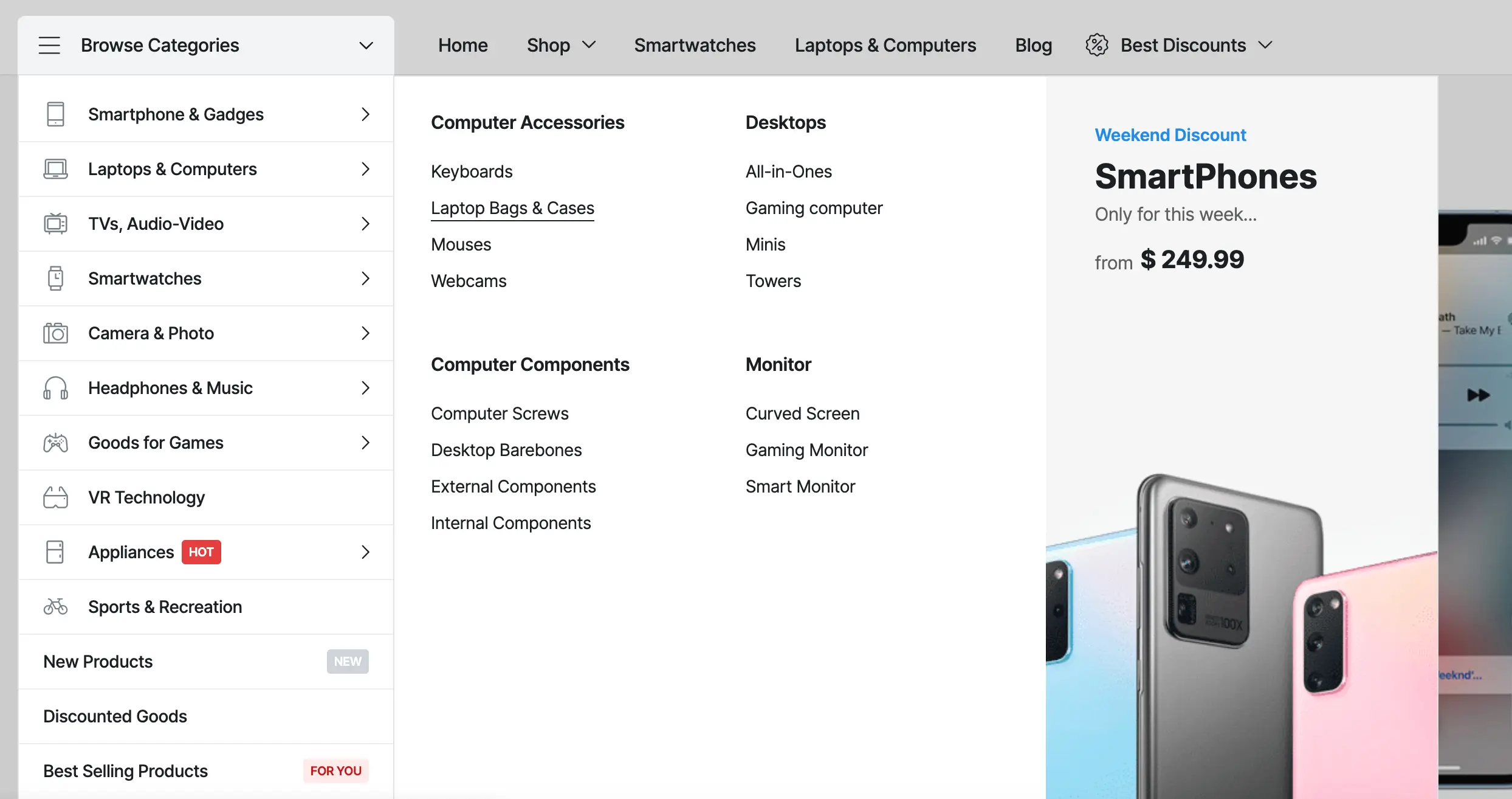A Beginner’s Guide to VPN: Understanding What It Is, How It Works, and Why It’s Useful
In today’s interconnected digital world, concerns about online privacy and security have become increasingly prevalent. As individuals navigate the internet, they may encounter risks such as data theft, surveillance, and censorship. Fortunately, Virtual Private Networks (VPNs) offer a solution to these challenges, providing a secure and private way to access the internet. In this beginner’s guide, we’ll explore what VPNs are, how they work, and why they’re useful for both individuals and businesses.
What is a VPN?
At its core, a Virtual Private Network (VPN) is a technology that establishes a secure and encrypted connection between a user’s device and the internet. This connection is facilitated through a VPN server, which acts as an intermediary between the user’s device and the websites or services they access online. By encrypting data transmitted over the internet, VPNs provide a layer of privacy and security, shielding users from potential threats such as hackers, snoopers, and surveillance agencies.
How Does a VPN Work?
When a user connects to a VPN server, their internet traffic is routed through an encrypted tunnel, effectively masking their IP address and location. This process obscures the user’s online activities from prying eyes, making it difficult for third parties to monitor or intercept their data. Additionally, VPNs encrypt data transmitted between the user’s device and the VPN server, ensuring that even if intercepted, the data remains unreadable and secure.
Why is a VPN Useful?
- Enhanced Privacy: VPNs help protect user privacy by concealing their IP address and encrypting their internet traffic. This prevents ISPs, governments, advertisers, and malicious actors from monitoring or tracking their online activities.
- Improved Security: By encrypting data transmitted over the internet, VPNs safeguard sensitive information such as passwords, financial transactions, and personal communications from potential cyber threats such as hackers, malware, and phishing attacks.
- Access to Restricted Content: VPNs enable users to bypass geo-restrictions and access content that may be blocked or censored in their region. By connecting to a VPN server in a different location, users can unlock access to streaming services, websites, and online platforms that may be unavailable in their country.
- Public Wi-Fi Protection: When connecting to public Wi-Fi networks, users are vulnerable to security risks such as Wi-Fi spoofing, packet sniffing, and man-in-the-middle attacks. VPNs provide a layer of encryption and security, ensuring that data transmitted over public Wi-Fi networks remains secure and protected from potential threats.
- Anonymous Browsing: VPNs offer anonymity and pseudonymity by masking the user’s IP address and location. This makes it difficult for websites, advertisers, and tracking technologies to identify and profile users based on their online activities.
- Remote Access: For businesses and organizations, VPNs facilitate secure remote access to corporate networks and resources. Employees can connect to the company’s VPN server from anywhere in the world, allowing them to access internal systems, files, and applications securely.
How to Choose a VPN?
When selecting a VPN provider, it’s essential to consider factors such as:
- Security Protocols: Look for VPNs that support robust encryption protocols such as OpenVPN, IKEv2/IPsec, or WireGuard to ensure secure data transmission.
- Privacy Policy: Choose VPN providers that have a strict no-logs policy and prioritize user privacy by refraining from logging or storing user activity data.
- Server Locations: Opt for VPN providers with a wide range of server locations to access geo-restricted content and improve connection speeds.
- Speed and Performance: Evaluate VPNs based on their speed and performance to ensure smooth and seamless browsing, streaming, and downloading experiences.
- Compatibility: Ensure that the VPN is compatible with your devices and operating systems, including desktops, laptops, smartphones, and tablets.
In summary, Virtual Private Networks (VPNs) play a crucial role in safeguarding online privacy, security, and freedom. By encrypting internet traffic and masking IP addresses, VPNs provide users with enhanced privacy, security, and access to restricted content. Whether browsing the web, accessing public Wi-Fi networks, or working remotely, VPNs offer a reliable and effective solution to mitigate online risks and protect sensitive information. As internet privacy concerns continue to escalate, VPNs serve as an indispensable tool for individuals and businesses alike, empowering users to take control of their online security and privacy.
Related Articles
If you enjoyed reading this, then please explore our other articles below:
More Articles
If you enjoyed reading this, then please explore our other articles below:




















 2019-2025 ©
2019-2025 ©